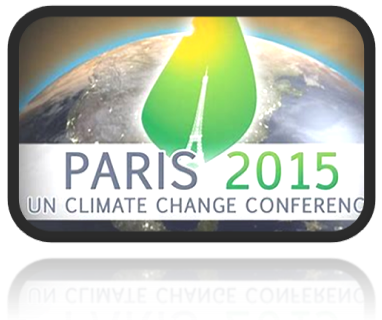From the Conservation/ Legal Director ….Angela Jensen
In our last newsletter, I ended my article by asking readers to vote as if the climate of our children and grandchildren depended on it. And you did. In fact, the nation did. In excess of 6 million votes, Joe Biden and Kamala Harris have become the nation’s choice to succeed President Trump. While every voter who made the Biden/ Harris ticket their choice did so for individual and independent reasons, concerns for public health, climate change, environmental justice, equality, and integrity in the People’s House were surely among them. And for this reason, I would like to speak to you about the prospects that lie ahead of us.

As an international accord made under the UN Framework Convention on Climate Change, the 2015 Paris Agreement was a testament of global unity. More than 190 sovereign nations agreed to limit greenhouse gas emissions via nationally determined contributions (NDCs). This ambitious and historic collaboration aimed to keep the global temperature increase to less than 2 degrees, preferably 1.5 degrees Celsius above pre-industrial levels, to help ensure a stable climate for the future. Finally, there was hope that this global issue would receive the attention necessary to achieve a global solution.
Yet, upon taking the presidency, Trump vowed to pull the United States out of the Paris Agreement. And on November 4th, Trump officially made good on that promise. This was a considerable blow to the agreement’s stability because our nation is the second-largest contributor to global emissions. As such, the United States was expected to establish NDC’s proportional to its emissions contributions and lead developing nations to develop green economies.
We now have that chance again. President-elect Biden has vowed to reenter the Paris Agreement as early as February and has appointed John Kerry to be the administration’s Climate Envoy for National Security. And with this appointment comes the recognition that even our best efforts under the Paris Agreement may not be enough to circumvent the worst effects of climate change- that indeed, greater action is necessary.
While this administrative transition holds considerable hope, we must not ignore the necessity of our own state-wide and local conservation efforts as they relate to climate mitigation and adaptation. Accordingly, Umpqua Watershed’s Conservation Committee continues to work diligently to encourage proper implementation of Governor Brown’s Climate Action Plan, to insist on reforming forest management practices antithetical to climate mitigation and adaptation, and to strengthen environmental laws and policies necessary for the protection of our wild and scenic rivers and watersheds.
But during this time of a global pandemic, I would be gravely remiss if I did not stress the importance of biodiversity protection in general. Many scientists have warned that, while the climate challenge is the elephant in the room, loss of biodiversity is the monster ready to overtake the elephant. You see, due to loss of habitat, pollution, and our over-use of pesticides, the warnings enumerated in Rachel Carson’s “Silent Spring” are now being realized. Species are going extinct at a rate around 1000-times the scientifically-recognized natural rate of extinction. And this loss of biodiversity directly impacts critical ecosystem services, food, medicinal security, and ultimately our health, well-being, and existence.
For this reason, I implore our members and the community at large to work with us in our conservation efforts. Currently, our Board of Directors is discussing both volunteer and board position opportunities. Please stay tuned for updates on our website.
Stay healthy. Wear your mask. And together, we shall move forward.

